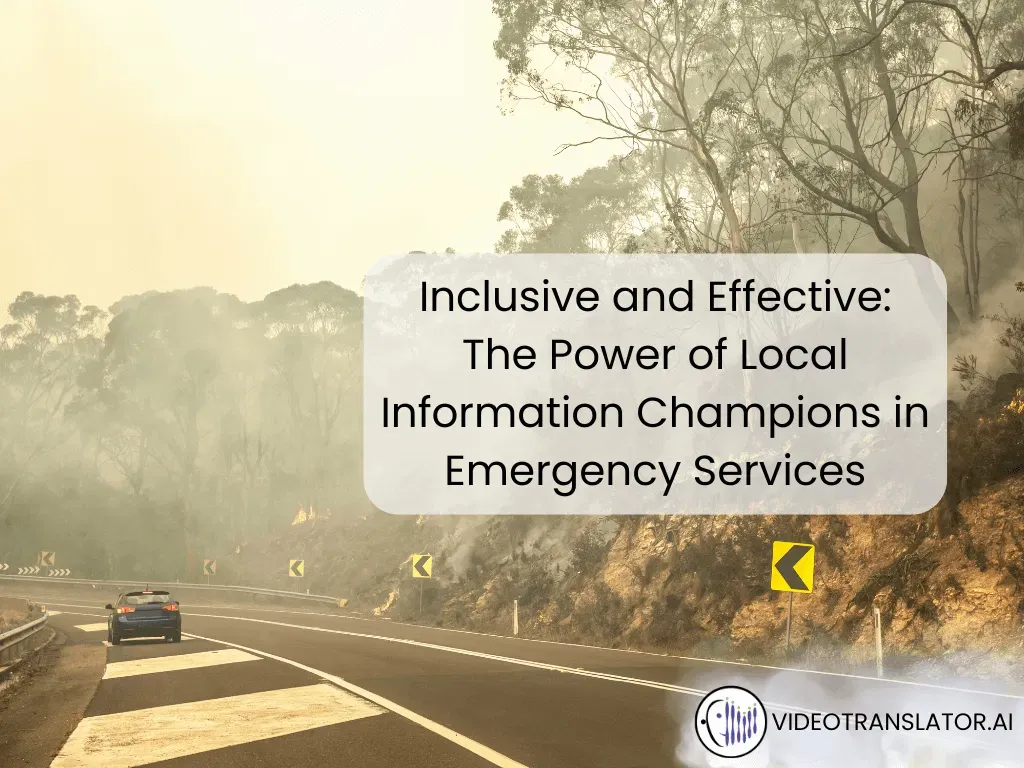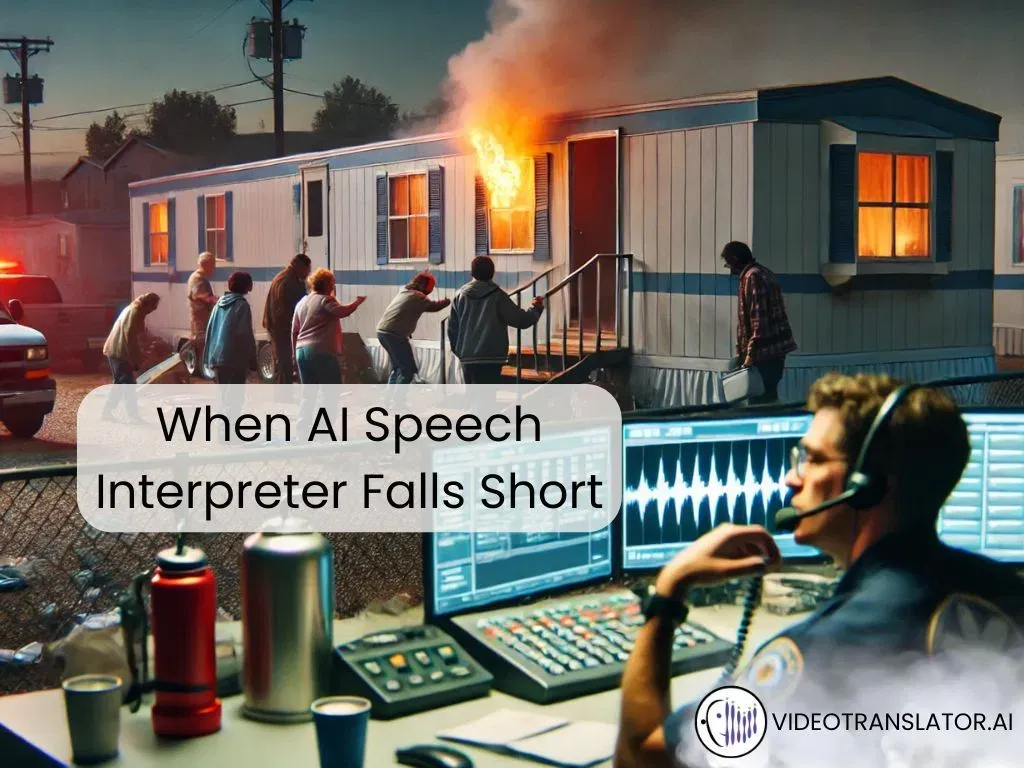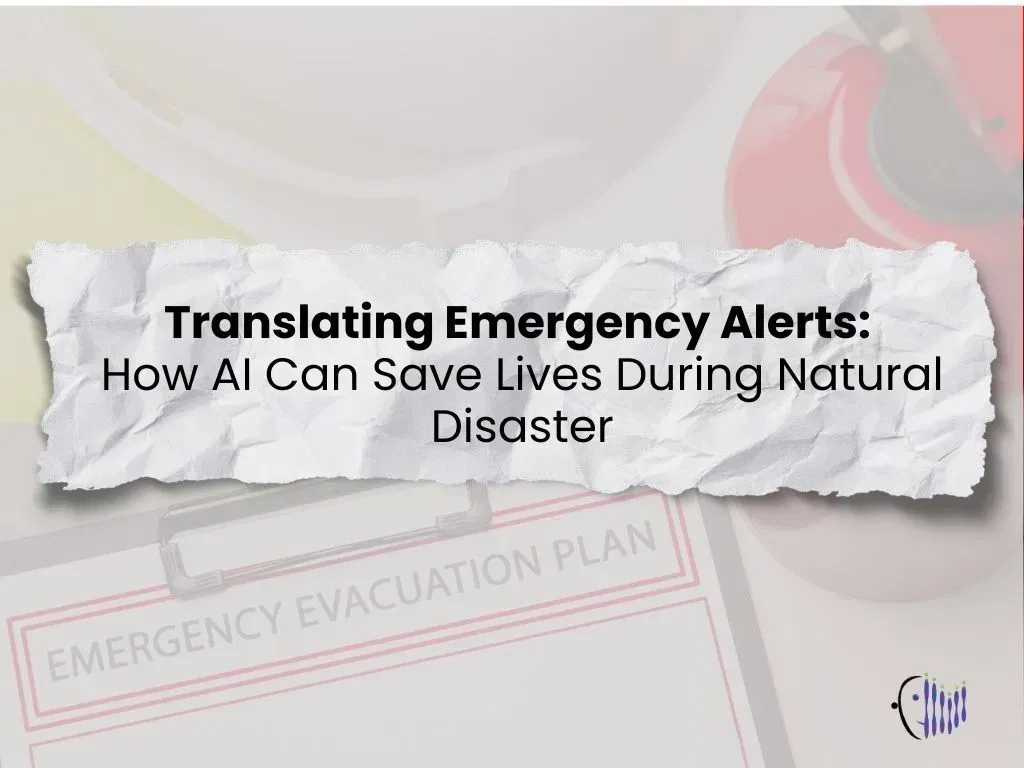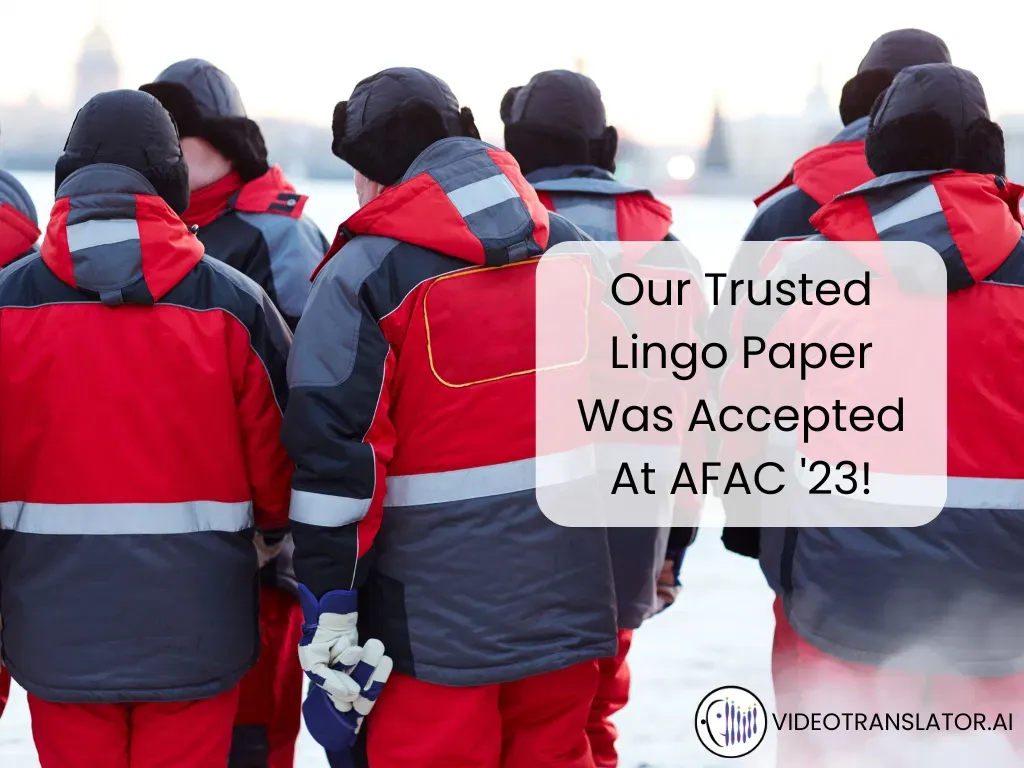In times of crisis, effective communication plays a vital role in ensuring the safety and well-being of all individuals. However, when it comes to culturally and linguistically diverse (CALD) communities, language barriers can pose significant challenges during emergencies.
Recent examples, for example here, and here, have profiled in the media about this challenge.
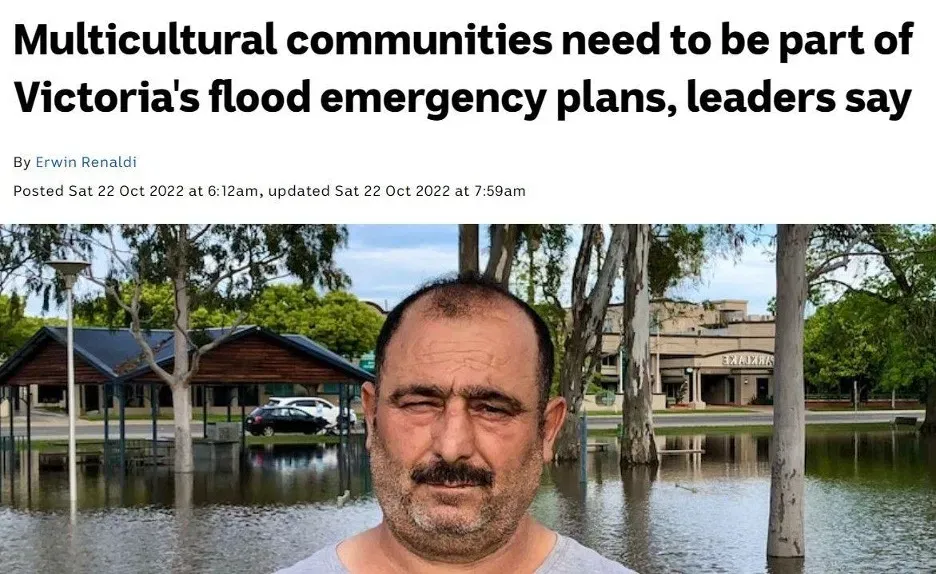 Multicultural communities need to be part of Victoria’s flood emergency plans, leaders say.
Multicultural communities need to be part of Victoria’s flood emergency plans, leaders say.
To address this issue, the concept of local information champions has emerged as a powerful solution.
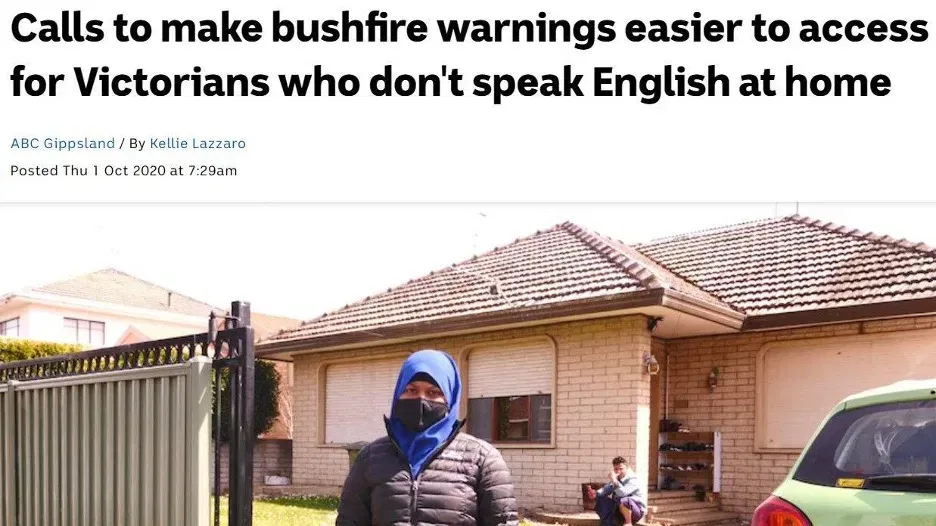 Calls to make bushfire warnings easier to access for Victorians who don’t speak English at home.
Calls to make bushfire warnings easier to access for Victorians who don’t speak English at home.
This blog post explores the role of local information champions and their contribution to bridging the communication gap in CALD emergency communications.
Understanding CALD Communities and Emergency Communication Challenges
CALD communities encompass a rich tapestry of cultural and linguistic diversity. While this diversity brings strength, it also presents unique challenges during emergencies.
Language barriers and lack of accessible information can hinder effective communication between emergency services and CALD communities.
Consequently, vital instructions, warnings, and updates may not reach these communities in a timely and comprehensible manner, potentially jeopardizing their safety.
Introducing the Proposed Product: Trusted Lingo
To overcome these challenges, project Trusted Lingo aims to provide translated versions of emergency communications specifically tailored for CALD communities.
By leveraging this product, emergency services can ensure that information is accurately translated into the languages spoken within these communities. This not only facilitates understanding but also enables CALD individuals to make informed decisions during critical moments.
Read more about Trusted Lingo here.
The Role of Local Information Champions
At the heart of this solution are local information champions. These individuals are community leaders who possess in-depth knowledge of the CALD communities they represent.
They act as trusted intermediaries between emergency services and the communities they serve, bridging cultural and linguistic gaps. Local information champions bring a unique blend of cultural understanding, linguistic expertise, and community trust to facilitate effective communication.
Local information champions serve as advocates for their communities during emergencies. They are well-versed in the needs, values, and communication preferences of the CALD communities they represent.
By engaging local information champions, emergency services can tap into their expertise to ensure that emergency communications are culturally sensitive, linguistically accurate, and relevant to the target audience.
The Workflow and Interaction Process
The workflow of this proposed solution involves direct interaction between emergency services and local information champions.
When emergency communications need to be communicated to CALD communities, emergency service providers can use Trusted Lingo to accurately translate the emergency communications into 20 languages in real time.
Then, local information champions can quickly disseminate the translated communications within the CALD communities through their established networks and communication channels - primarily forwarding on the communications via social media groups / channels.
Benefits and Impact
Implementing this proposed solution has several benefits and impacts.
Firstly, it saves precious time during emergencies by enabling swift translation into all major languages used in NSW. This timeliness can prevent confusion, reduce risks, and save lives.
Secondly, the involvement of local information champions enhances the dissemination of translations. This ensures that emergency communications resonate with CALD communities, fostering trust and engagement.
Moreover, by recognizing and empowering local information champions, this solution promotes community resilience. It acknowledges the expertise and leadership within CALD communities and strengthens their capacity to respond effectively during crises.
Through this collaborative approach, emergency services and CALD communities build a strong partnership that fosters mutual understanding, respect, and improved emergency communication.
Conclusion
In a diverse society, effective emergency communication must reach every individual, regardless of cultural or linguistic background. Local information champions play a pivotal role in bridging the communication gap between emergency services and CALD communities.
By recognising their expertise and involving them in the process, translated emergency communications can be accurately and swiftly disseminated, ensuring the safety and well-being of CALD individuals during crises.
